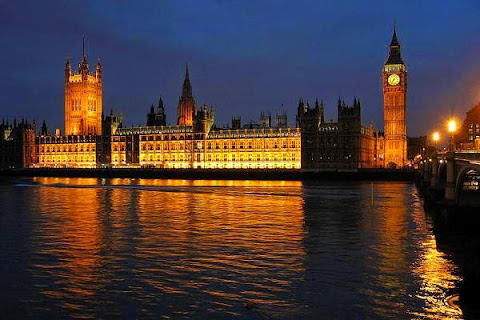 |
| (Story from Brent & Kilburn Times) |
"Animal lovers are being urged to cast a happy spell on a black cat this Halloween, by adopting one from a charity in Kensal Green.
"Black moggies are often overlooked by people seeking a new pet, possibly because of they are associated with bad luck and witches.
"The Mayhew Animal Home in Trenmar Gardens are calling for people to give them a second chance, as they are just as normal as cats of different colours.
"For more information about cats available for adoption, visit themayhew.org/cats."








































